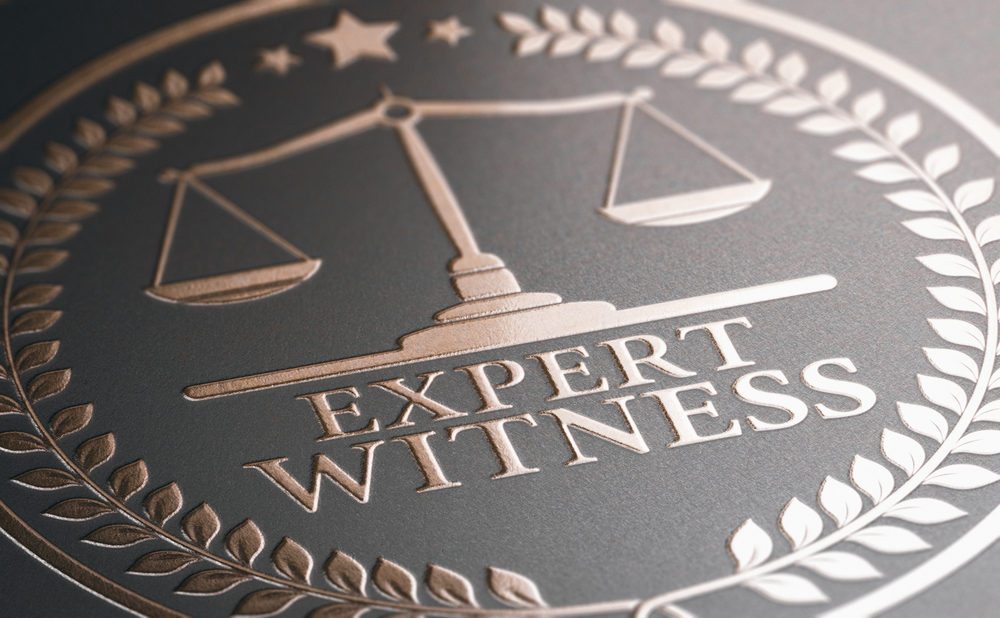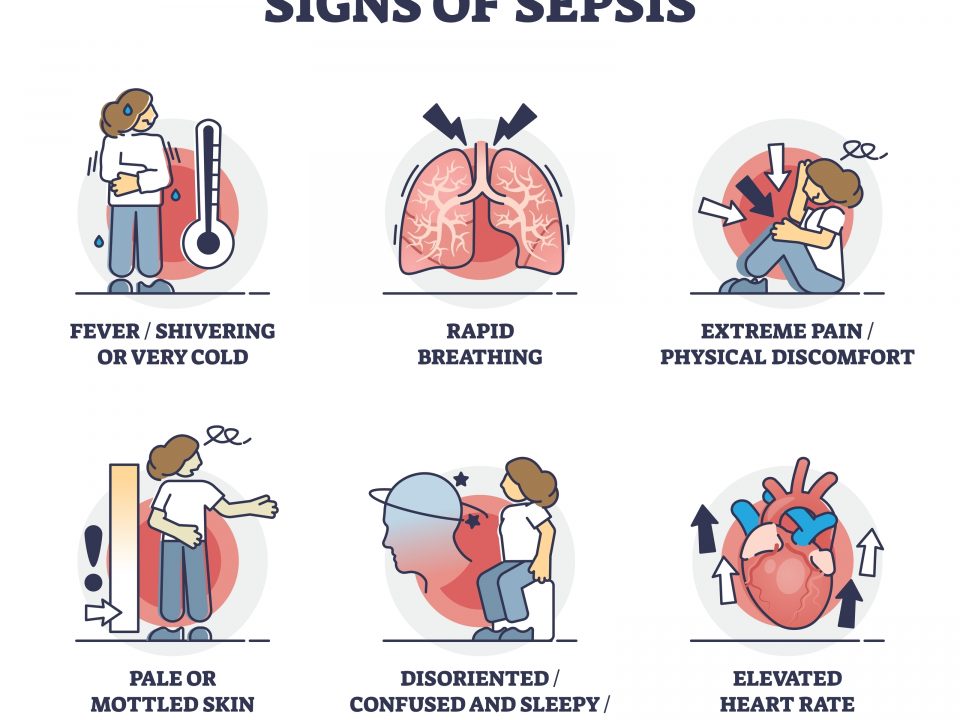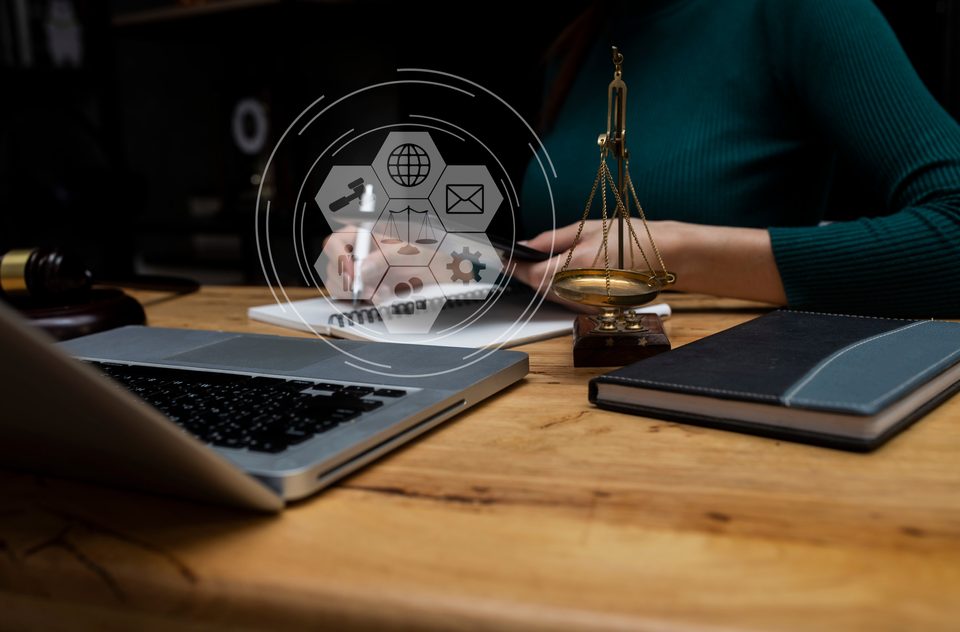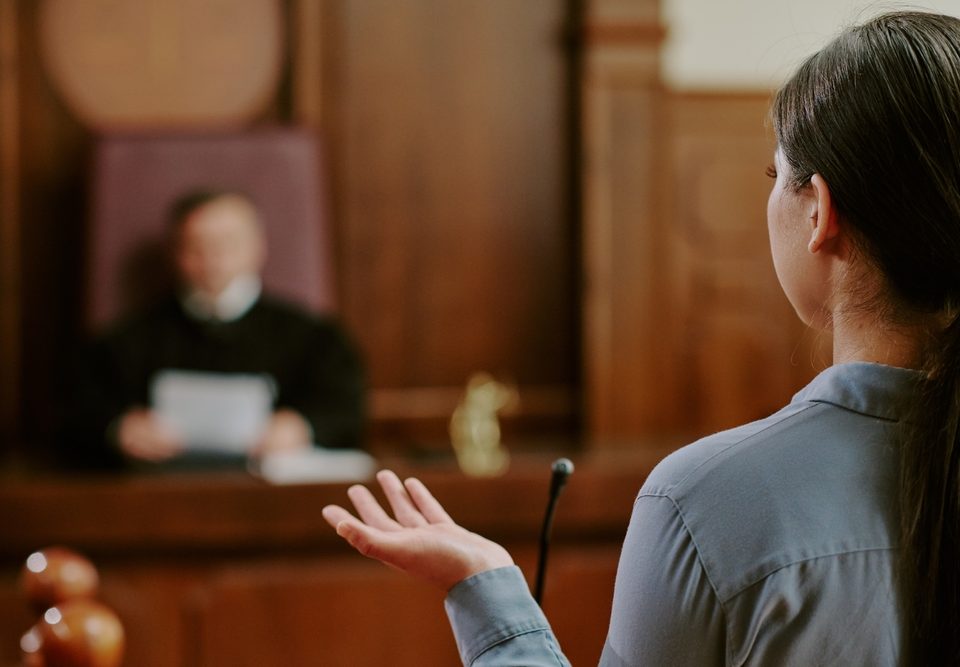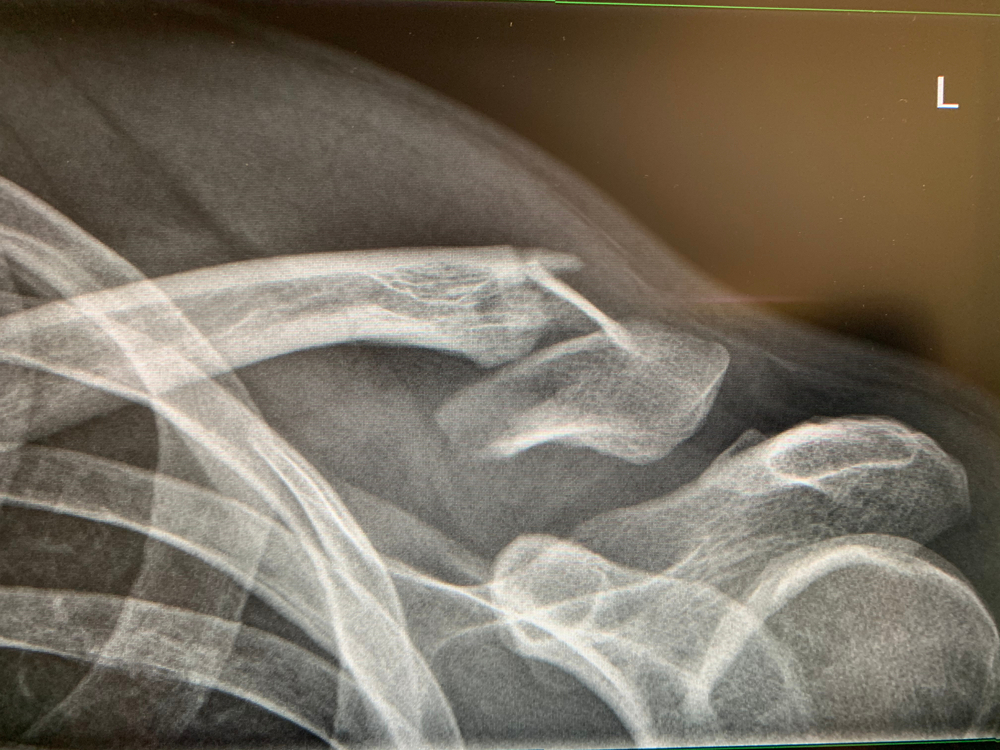
Why Doctors Miss Fractures
19th January 2024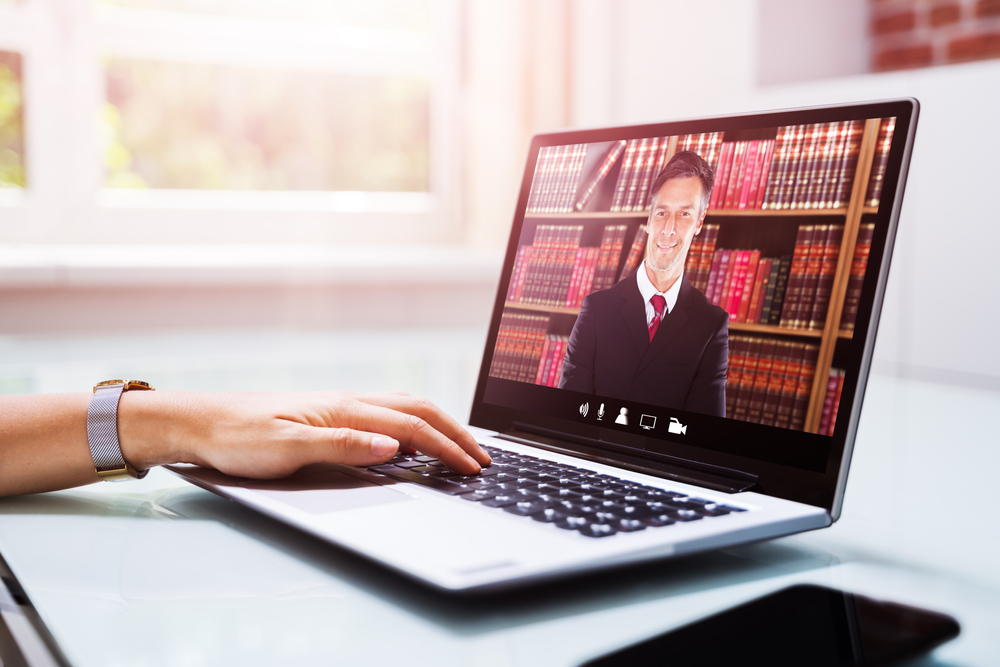
The Role of Remote Evidence: Is It A Problem If The Witness Is Not In The UK?
4th March 2024An expert witness is someone who can be called upon to give evidence in court, if necessary, in any type of legal case including road accident and compensation cases or public prosecutions. Expert witnesses must be completely independent from an instructing solicitor. The recent well-publicised case of the Post Office/Fujitsu debacle perfectly illustrates the difficulties which can arise when this rule is not followed. In this case a supposed expert witness turned out to be an employee of Fujitsu, whose role in the case was deemed to be misunderstood by the Post Office solicitor who engaged him.
It is essential that the professional duties and responsibilities of both expert witness and solicitor are properly understood.
First and foremost, the expert witness must understand that their overriding duty is towards the court and not the instructing solicitor, the claimant or the defendant. They can come from a wide range of professional backgrounds with a wide breadth of specialised knowledge appropriate to the case they are assigned.
Is Contact Between an Expert Witness and a Solicitor Allowed?
During the initial stages of a case, contact between the parties is allowed in order that both parties have a clear understanding of what the case entails and what has been said, etc. However, once evidence is being compiled and particularly before it gets to the joint statement stage, the solicitor should not interfere with the expert witness’s work. While the solicitor is allowed to assist in identifying any issues which need to be considered they should not involve themselves in drafting or negotiating any statements or conclusions made by the expert witness except in exceptional circumstances. This may include situations where there are serious concerns that the court may be misled or misunderstand any part of the joint statement.
The onus is very much on the solicitor to uphold their duty to the court and avoid any unnecessary and prejudicial contact or interference with the expert witness.
The Role of an Expert Witness
An expert witness is the only one whose evidence and opinion carries weight in court because of their specialist knowledge and technical insights, which cannot be brought by defence or prosecution legal teams alone. The evidence given by an expert witness is therefore considered valuable and sometimes critical when it comes to deciding upon a verdict.
Government guidance states that “the principal duty of an expert witness is to the court and not the prosecution or defence. Evidence must come from the independent thinking of the expert witness. It must not be influenced by those who instructed them. Expert evidence must be objective and unbiased.”
Guidance for Expert Witnesses Going to Court
From the very beginning, an expert witness should be open and transparent in any communications with other parties. Everything should be above board and all communications should be obtained in writing.
All reports and declarations should be up to date and accurate, or the evidence or opinion of the expert witness could be undermined in court during cross examination.
An expert witness should encourage an instructing solicitor to provide them with details of all key areas of contention to be discussed at the early stage but should not at any time invite comment from the solicitor on what is said.
An expert witness should always be aware of the obligation of an instructing solicitor to behave appropriately and uphold their duty towards the court. If a solicitor attempts to involve themselves in drafting a joint statement, the expert should remind them that they are not allowed to be involved.
Independence from solicitors on both sides of a case is crucial in maintaining the integrity of the opinion of an expert witness.

